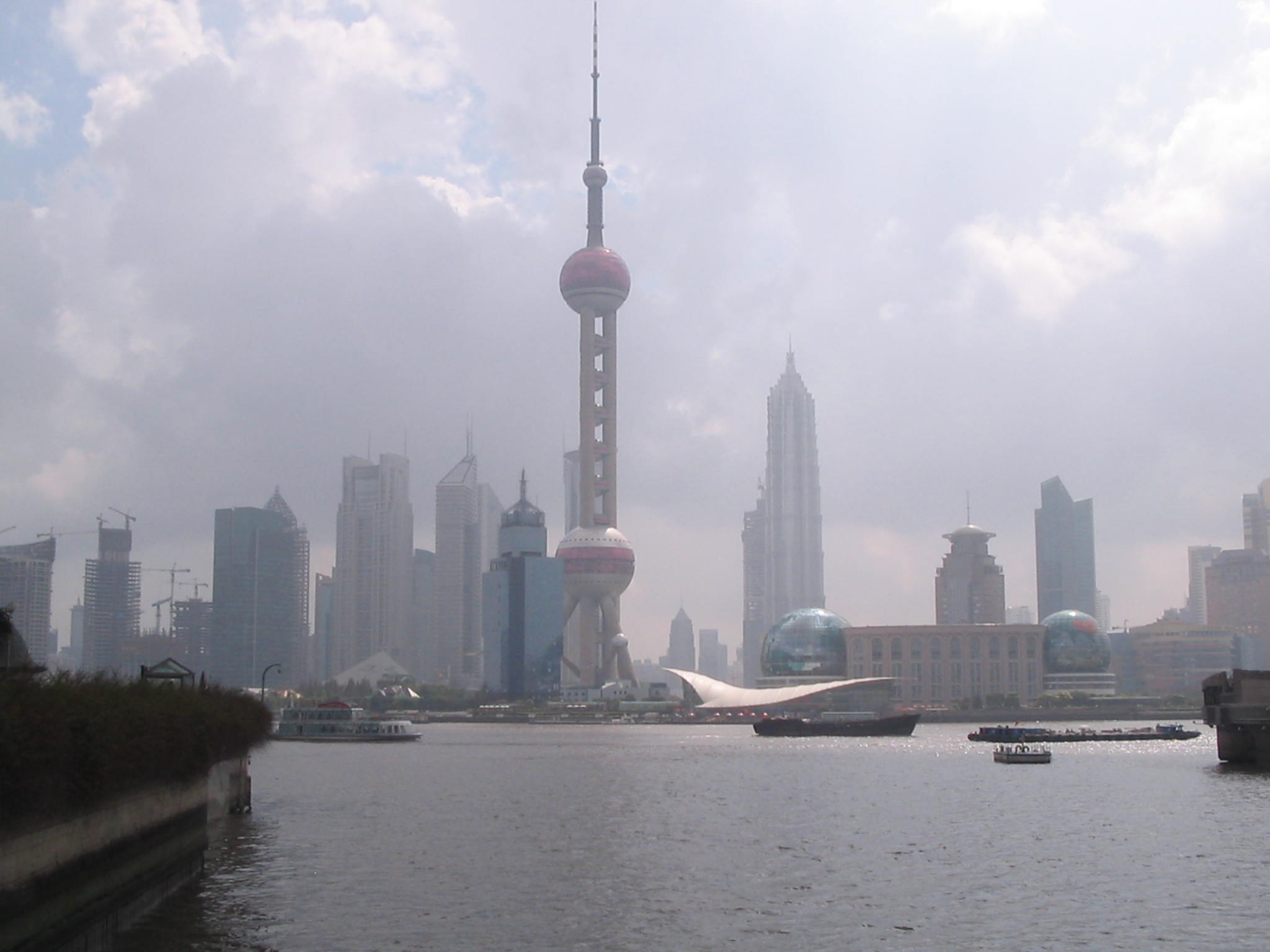Global Cities S van Damme
Science and World-Cities

Since the early modern period, the global cities have become the centre of a new conception of urban identity: the world-city.
Focusing on a long period from the Renaissance to Enlightenment, this collaborative project examines a theme that has emerged as central in recent study of modern urban history and urban history of science: the metropolitan scientific culture. From the history of cultural capital in Europe to the analysis of global-cities, it encourages scholars to think beyond national and to question the cultural centrality of metropolis.
The global-city is characterized by a new idea of the urban territory; the shaping of a metropolitan society; the centralization of intellectual activity and cultural facilities (theatres, museums, libraries, university, etc). This process of accumulation is the basis of the cultural dynamics of capital circulation. In this grand narrative, from the eighteenth century to the twentieth century, capitalist economic dynamics continue to dominate localities and to dictate the agenda of innovation. It is also useful to extend the methodology of global-city studies through a study of the invention of intellectual functionality in modern cities. We must reinterpret our understanding of global networks of wealth and power by giving them a dynamic, conflictual and anthropological dimension.
By studying the circulation of knowledge in specific urban sites, it is possible to develop a differential, cultural cartography and to measure the unequal distribution of knowledge and of sites of knowledge in the construction of urban Europe in the 18th century. By working not merely on one capital city but on the dynamic between metropolises, we can emphasize the role played by knowledge and intellectual networks in the production of metropolitan identity through these local differences, and reshape the traditional problem of centre and periphery.
Themes of Research
- The centrality of Europe: Science and capital cities
In a earlier stage, we attempted to explore the interpretation of European capital cities as centre of knowledge from the Scientific Revolution to the Enlightenment, to seize the connection between the world of learning and scholars and the emergence of urban identities in Europe. It is a contribution to a wider reflection on cultural history of capital cities and intellectual milieus.
- Metropolis and the globalization of knowledge
Though the case studies of Paris, London, Rome, Amsterdam,
